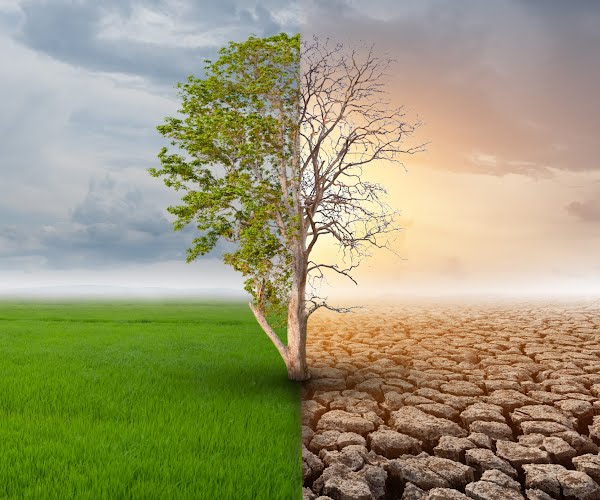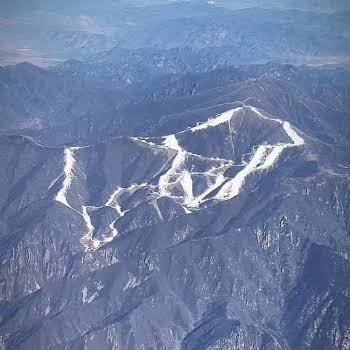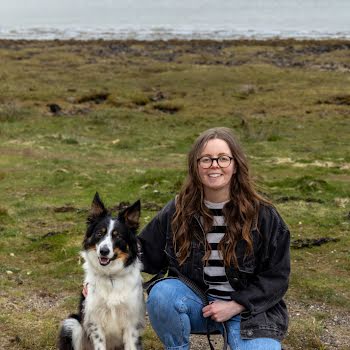
Why this climate change report is so important – and what you need to know
A new landmark climate report says global warming limit is to be hit within 20 years – and that we have to act now if we are to change anything.
10th Aug 2021
The warnings come as the Intergovernmental Panel on Climate Change (IPCC) published its landmark report on global heating on this week, which showed that greenhouse gas emissions needed to be halved to limit heating to 1.5C above pre-industrial levels.
It warns of increasingly extreme heatwaves, droughts, and flooding, and a key temperature limit being broken in just over a decade.
Their report is the first major review of the science of climate change since 2013.
IPCC report key points
– Global surface temperature was 1.09C higher in the decade between 2011-2020 than between 1850-1900.
– The past five years have been the hottest on record since 1850
– The recent rate of sea-level rise has nearly tripled compared with 1901-1971
– Human influence is “very likely” (90%) the main driver of the global retreat of glaciers since the 1990s and the decrease in Arctic sea-ice
– It is “virtually certain” that hot extremes including heatwaves have become more frequent and more intense since the 1950s, while cold events have become less frequent and less severe
The report “is a code red for humanity”, says the UN chief and warns that even in the most optimistic scenarios, some changes are already locked into our systems, including sea-level rise.
“It’s is very alarming,” Satyendra Prasad, Fiji’s ambassador and permanent representative to United Nations, said.
Catastrophe can be avoided
IPCC’s document says “it is unequivocal that human influence has warmed the atmosphere, oceans, and land,” but scientists say a catastrophe can be avoided if the world acts fast.
Echoing the scientists’ findings, UN Secretary General António Guterres added: “If we combine forces now, we can avert climate catastrophe. But, as today’s report makes clear, there is no time for delay and no room for excuses.”
The reports say that since 1970, global surface temperatures have risen faster than in any other 50-year period over the past 2,000 years.
This warming is “already affecting many weather and climate extremes in every region across the globe,” according to experts, and has made changes to many of our planetary support systems that are irreversible on timescales of centuries to millennia.
The oceans will continue to warm and become more acidic. Mountain and polar glaciers will continue melting for decades or centuries.
“We’re going to see more salinity, we’re going to see sea level rise … [that] would mean that significant parts of places like Kiribati, Vanuatu, Solomon Islands, just become uninhabitable.”























